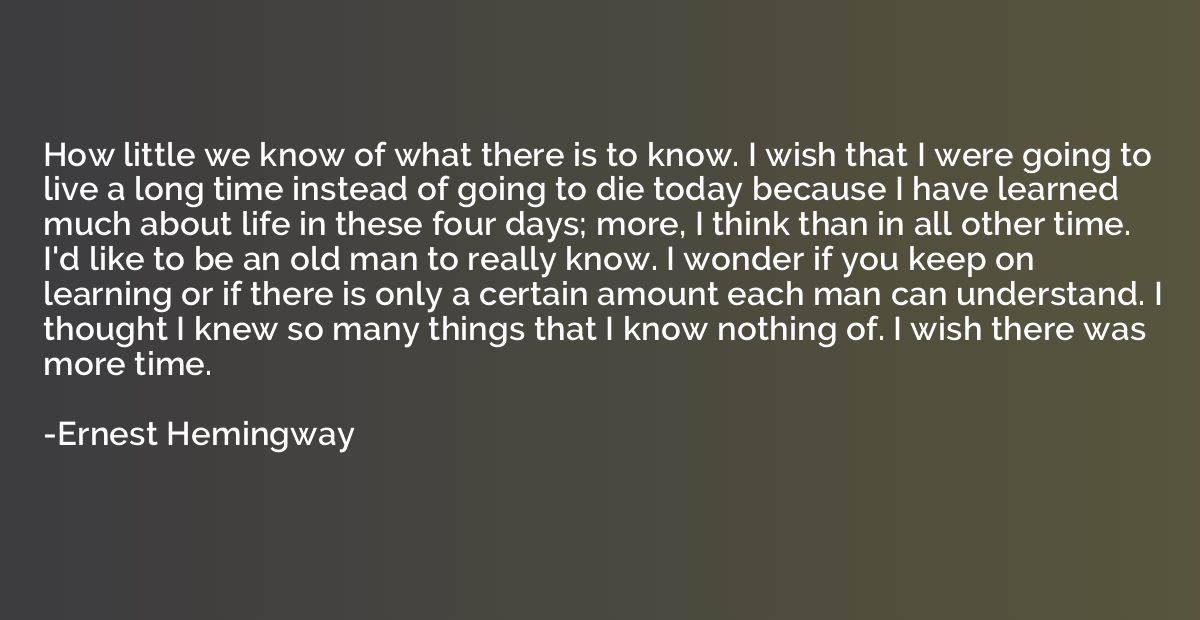Quote by TS (Thomas Stearns) Eliot
War is not a life: it is a situation, one which may neither be ignored nor accepted.

Summary
This quote suggests that war is not a natural or typical state of life, but rather an exceptional and challenging situation. It implies that war cannot be ignored or denied, as it demands attention and action. It highlights the complexity of war, acknowledging that it cannot simply be accepted as part of human existence. This quote encourages a recognition of war's profound impact and emphasizes the need for deliberate response and resolution rather than resignation or indifference.














